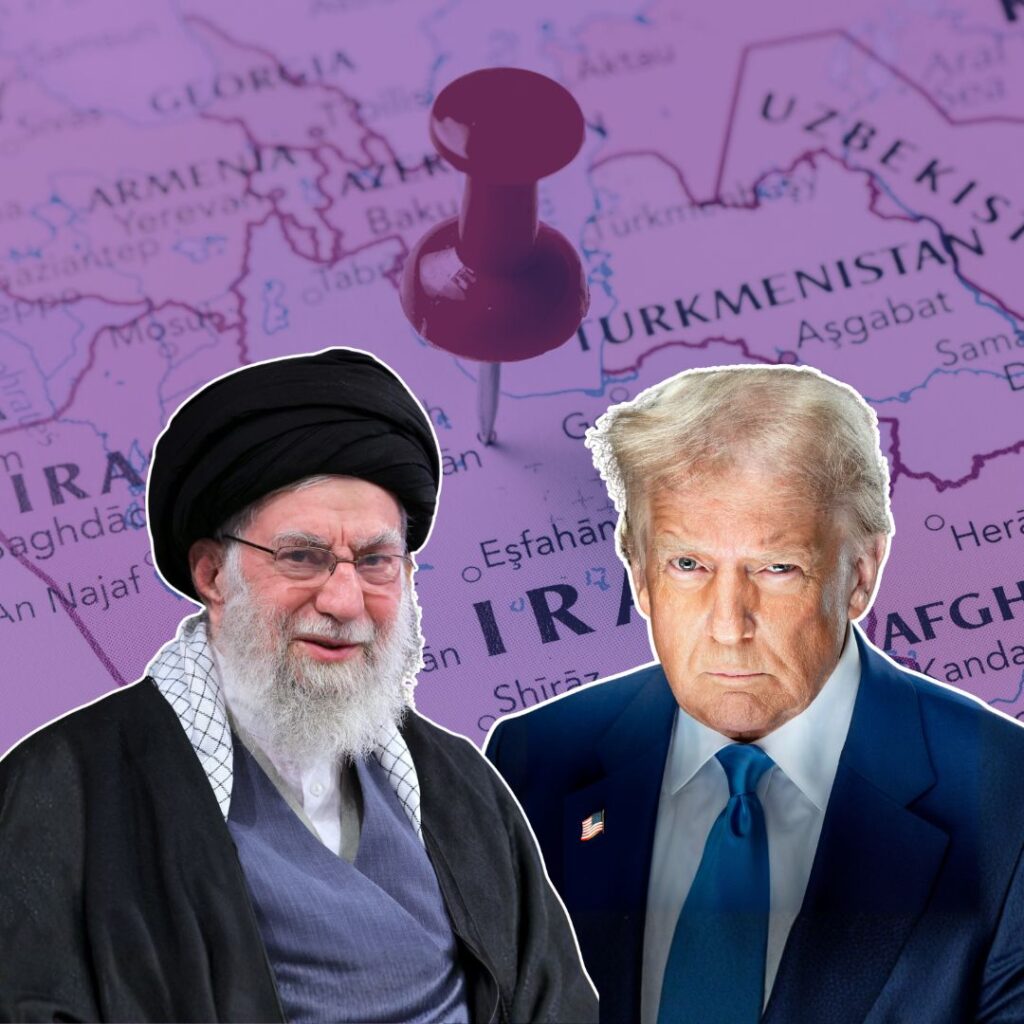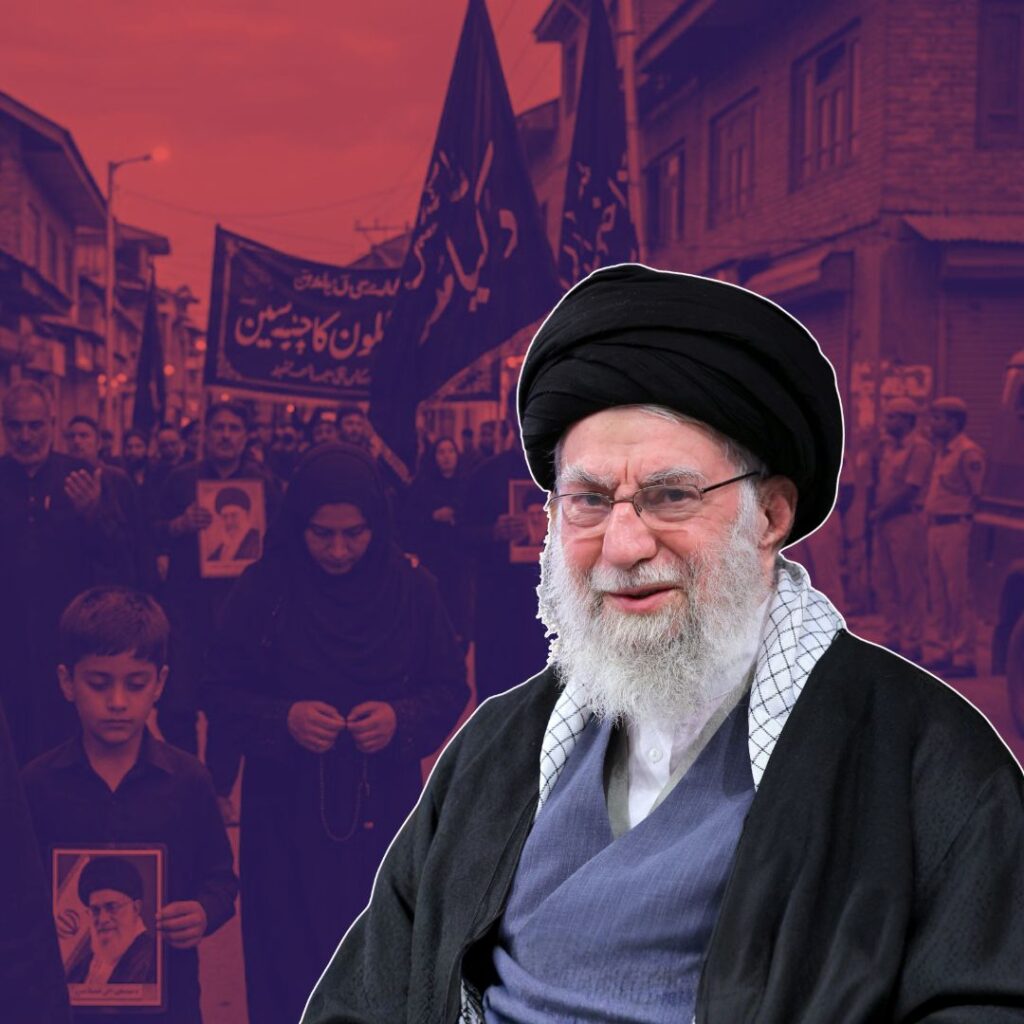Born in pre-independent India, Surendra Koulagi lived in a world greatly different from ours today. It was time when India and Pakistan were still more than a decade away from their painful birth as independent nations. But turmoil had already begun.
As a child growing up during the freedom struggle, Koulagi lived among inspiration. The people he spoke to, the ones he heard stories of and the ones he watched growing up had a similar motivation in their beings – an unparalleled love for the country and the desire to live freely. From a very young age, Koulagi had an idea of what he wanted to achieve.
When India finally gained independence from British Raj, he saw how the country changed. There was a lot we had achieved and a lot more left to pick up from. Koulagi spent the prime of his life in the 1960s – a remarkable period in the history of India. It was a time of notable reforms that uplifted women’s rights in the Indian society, attempted to eradicate caste-based discrimination and untouchability and encouraged education. It was also a time when the country’s relationship with neighbouring China suffered a blow when an unprepared India stood against 80,000 Chinese troops for the war of 1962.
In the 1960s, the first Prime Minister of the Republic of India advocated a socialist model for the economy. It was the ‘60s that marked the end of the post-independence Nehruvian era. Inspired by Gandhian philosophy, Surendra Koulagi wanted to be actively involved in the country’s social sector.
An inspirational journey
Born in Bailahongala, North Karnataka, Surendra Koulagi’s thoughts were inspired by the many people who participated in India’s freedom struggle from this small village in southern Karnataka.
Both north and south India played massive roles in India’s freedom struggle but the southern experience was different in many ways. The south had its own Dravidian movement led by Periyar which failed to gain the needed support. Despite the distinction, India fought as one against its colonists, inspiring a young Surendra Koulagi from Karnataka to join hands with a freedom fighter in Bihar.
During his 20s, Koulagi went to Bihar to serve Jayaprakash Narayan, popularly known as JP. He worked as his secretary for nearly 8 years. JP was paramount to India’s freedom struggle, working alongside Gandhi, Nehru and other prominent nationalists.
Surendra Koulagi
Working closely with JP made Koulagi’s inclination toward the social sector grow stronger. He came back to Karnataka to practice JP’s and Gandhi’s ideology thus, giving birth to Janapada Seva Trust in 1960.
“He was brought up during the freedom struggle and had seen the whole atmosphere of India’s rise to independence. From a very young age, he had acquired the qualities of becoming a social worker,” said Santhosh Koulagi to The Logical Indian.
That same year, Surendra Koulagi met his wife Girija Koulagi.
Surendra and Girija Koulagi Janapada Seva Trust
Melkote – the Temple town of Karnataka – was known for its handicraft, handloom, traditional silk, cotton weaving, pottery, basket weaving and oil-pressing. A young couple – Surendra Koulagi and Girija Koulagi – decided to dedicate themselves to keeping this village alive. They settled down in Melkote for the Janapada Seva Trust.
“Back in the ‘60s, there were no schools or nurseries in Melkote,” says their son Santhosh. Both his parents passed away and the Trust is run by the third generation – Santhosh’s son.
The Koulagis saw a Lord Krishna Temple in Melkote that had a big courtyard. They used it to work with children from all religions and castes alike giving it the name – Shree Krishna Nursery. It was their Trust’s very first initiative.
Shree Krishna Nursery
Janapada Seva Trust got its social recognition through a centre it ran from 1963 to 2000 called ‘Karunagruha’. Back then, polio was rampant in the country. Many handicapped children from rural areas were housed in Karunagruha – their limbs were treated and remedied through surgeries and they were provided education and employment.
At a time when polio received much stigma and the ones with the condition suffered social boycott, the Koulagis decided to help and uplift people’s social status.
Differently-abled children of Karunagruha (1970)
Karunagruha started with one child in 1963 and rose to uplift hundreds of others – some have grown up to become college principals, bank officials, etc. They helped the children till they got married and had their own children – being in contact with three generations. By 2000, a lot of government centres started working toward the eradication of polio.
In 2005, the Karnataka government approached the Trust for starting an adoption centre in Mandya district for orphaned children. Thus, Karunagruha was transformed into a shelter for orphan children as old as a day or a week.
“These babies are cared for an made available …










